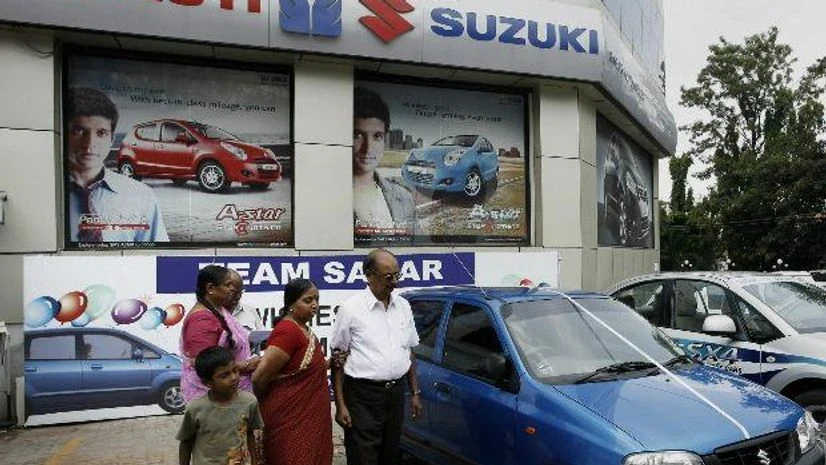Maruti Suzuki India is maintaining double-digit sales growth forecast for 2018-19 despite a marginal decline in July, banking on good monsoon and uptick in rural market to drive demand, according to a senior company official.
The company, which is planning a price hike this month to offset adverse impacts of commodity cost increase, fluctuations in foreign exchange and fuel price rise, does not see the step impacting its sales significantly.
"We will continue with our annual target of double-digit growth. I am optimistic about the future growth," Maruti Suzuki India (MSI) Senior Executive Director (Marketing and Sales) R S Kalsi told PTI.
He said the optimism stems from the fact that India is witnessing good monsoon for a second consecutive year.
Besides, Kalsi said the rise in minimum support price (MSP) of crops augurs well for the rural economy from where demand is expected to grow during the festive season.
Also Read
"By October money will come through these crops and the increase in MSP prices will ring in a lot of wealth circulation," he said, adding "we are quite happy about the future scenario of the passenger car industry".
On July sales, when the company reported a marginal decline at 1,64,369 units as against 1,65,346 units in the same month last year, Kalsi said it was an aberration due to high base effect of last year.
MSI's domestic sales were up marginally at 1,54,150 units last month as against 1,54,001 units in July last year.
He said if the June-July period was taken together, the company's growth would be 17 per cent over the year-ago period.
"That is a more realistic trend and talks about the prevailing market sentiments," he said.
In the first quarter of this fiscal, MSI sold 4,90,479 vehicles, a growth of 24.3 per cent over the same period of the previous year. Sales in the domestic market stood at 4,63,840 units, a growth of 25.9 per cent.
Kalsi also expressed optimism that a planned price hike this month will not affect the company's sales.
Last week, MSI had said that it would hike prices of its vehicles across models this month to offset adverse impacts of rise in commodity costs, foreign exchange fluctuations and fuel price increases.

)
